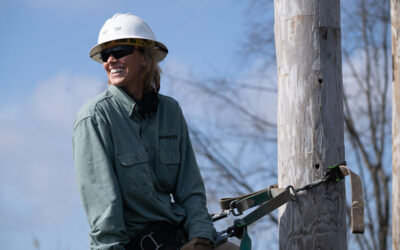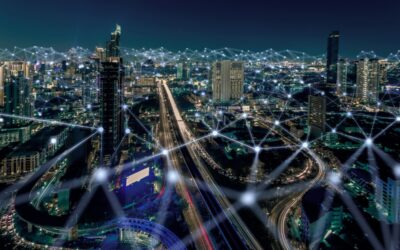Like many young people today, the environment and climate change are driving my future and my life choices. As the recent youth-led climate protests have highlighted, the youngest among us will have to face the future effects of CO2 that has been emitted during our childhoods and before our lifetimes. Young people are very attuned to this, and many of us are choosing our future careers around the issue of climate.
The national narrative seems overly focused on small or individual-level actions, such as plastic straw bans and eating less meat. We can all do our part to minimize our carbon and environmental impact, but individual actions won’t be enough to make the massive changes that the scientific community makes clear will be required to stop or limit runaway warming.
Because of this, I decided to work in electricity, an area that will require ambitious decarbonization in the next few decades. Nuclear power provides more than 55 percent of all carbon-free electricity in the U.S., making it essential for addressing the climate crisis head-on. So, I majored in nuclear engineering and have never looked back.
Many of the benefits of nuclear power are synergistic with environmentalism, so for me, being a nuclear engineer and environmentalist have always gone hand in hand.
The Future of Nuclear Is Flexible in Size and Utility
When the U.S. built most of our commercial nuclear power plants, energy demand was growing. We built big plants because we needed more power.
Today, electricity demand is flat and there aren’t many areas of the country that demand large-scale power plants. Nuclear startup companies know this, and many advanced reactors are being designed to be smaller and more flexible to fit within the energy grid of the future.
While electricity will command a growing share of our overall energy use, the nuclear industry of the future can also address the key energy challenges of desalinating water and providing fossil-free industrial and process heating.
A Small Footprint Does Our Planet Good
While future nuclear reactors are likely going to be smaller in size, the footprint of nuclear power is already tiny relative to the power it produces. The energy density of uranium is more than a million times more than fossil fuels, and the land requirement of nuclear power is small compared to other clean energy sources.
As someone who cares about environmental values of efficient resource utilization and flexibility for the future, I believe that nuclear power needs to be part of our clean energy future.
Shared, with permission of the Nuclear Energy Institute




